150 g / m² seed paper with flower seeds
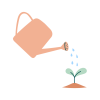 Navigate to Information Information
Navigate to Information Information 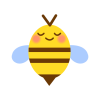 Navigate to Buzz score: 3 Buzz score: 3
Navigate to Buzz score: 3 Buzz score: 3 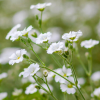 Navigate to Baby's Breath Baby's Breath
Navigate to Baby's Breath Baby's Breath 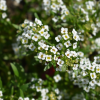 Navigate to Sweet alyssum Sweet alyssum
Navigate to Sweet alyssum Sweet alyssum 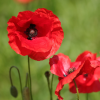 Navigate to Poppy Poppy
Navigate to Poppy Poppy 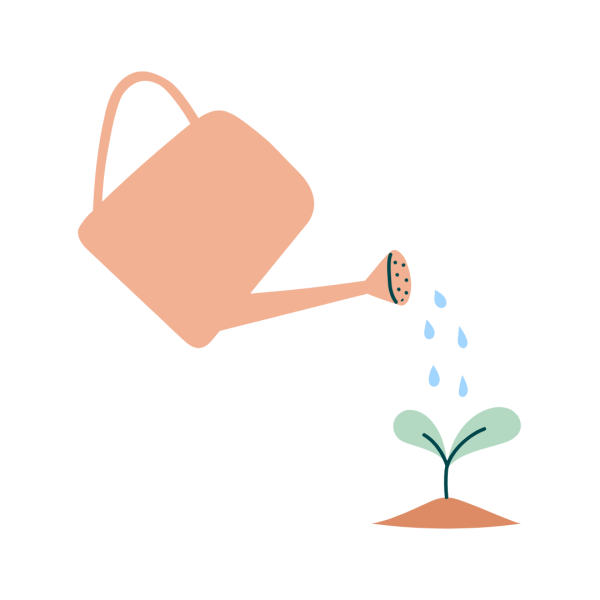
Information
- Seeds: Baby’s breath, Sweet alyssum & Poppy
- Origin of the seeds: India
- Outdoor sowing: March – May
- Indoor sowing: Year-round
- Watering: Keep the paper moist for the first 5 days
- Germination: Within 5–6 days
- Flowering: After approximately 6 weeks
- Plant type: Annuals

Buzz score: 3
The buzz score indicates how much food our seeds provide to pollinators such as bees, butterflies and other insects. 1 bee: Moderately pollinator-friendly to 3 bee: Extremely pollinator-friendly.

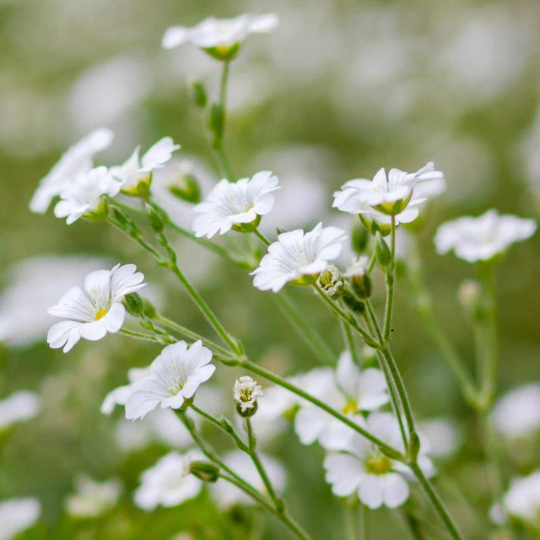
Baby's Breath
Baby’s Breath, or Gypsophila, is a delicate and sophisticated flowering plant that beautifies gardens and bouquets. With countless tiny flowers that resemble cloud-like clusters, it creates an airy and fairy-like appearance. Gypsophila comes in a variety of colours, but white is the most common. It is often used to complement bridal bouquets and floral arrangements because of its subtle beauty. This plant thrives in sunny areas with well-drained soil and requires minimal care. Its versatility, long shelf life and romantic look make Baby’s Breath a popular choice in both garden design and floral design.
Pollinators are our little heroes, but they face many challenges to survive. You can support them by growing pollinator-friendly plants in your garden. These flowers and herbs provide essential food and habitat for creatures like butterflies, bees, and other insects that play a vital role in pollinating our food crops. Without pollinators, we’d have fewer fruits, vegetables, and even coffee!
The importance of pollinators to our ecosystem and food supply is enormous. By helping them thrive, we contribute to preserving biodiversity and securing our food sources. Planting a pollinator-friendly garden is a simple yet powerful way to protect the environment and support these vital species.

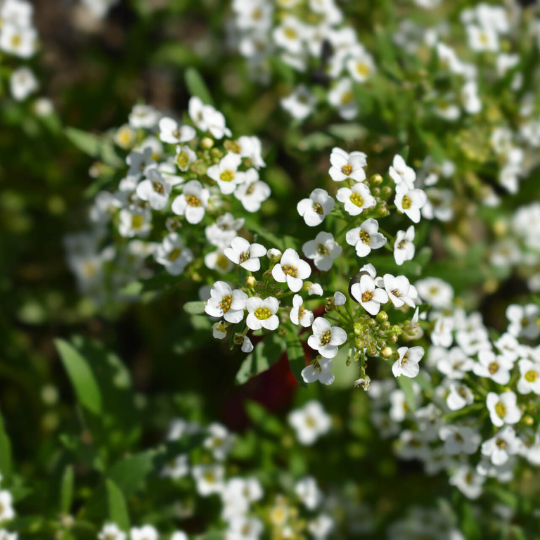
Sweet alyssum
Sweet alyssum, also known as alyssum or Lobularia maritima, is a charming annual that adorns gardens with its clusters of small, fragrant flowers. Native to the Mediterranean region, this plant thrives in sunny to slightly shady conditions and drained soil. The flowers range from white to pink, purple and yellow, creating a carpet-like effect that is beautiful in flower beds as well as hanging baskets. Sweet alyssum attracts bees, butterflies and other pollinators, giving it a positive impact on biodiversity. Its attractive flowers and sweet fragrance make it a favourite among gardeners and lovers of colourful landscapes.
Pollinators are our little heroes, but they face many challenges to survive. You can support them by growing pollinator-friendly plants in your garden. These flowers and herbs provide essential food and habitat for creatures like butterflies, bees, and other insects that play a vital role in pollinating our food crops. Without pollinators, we’d have fewer fruits, vegetables, and even coffee!
The importance of pollinators to our ecosystem and food supply is enormous. By helping them thrive, we contribute to preserving biodiversity and securing our food sources. Planting a pollinator-friendly garden is a simple yet powerful way to protect the environment and support these vital species.

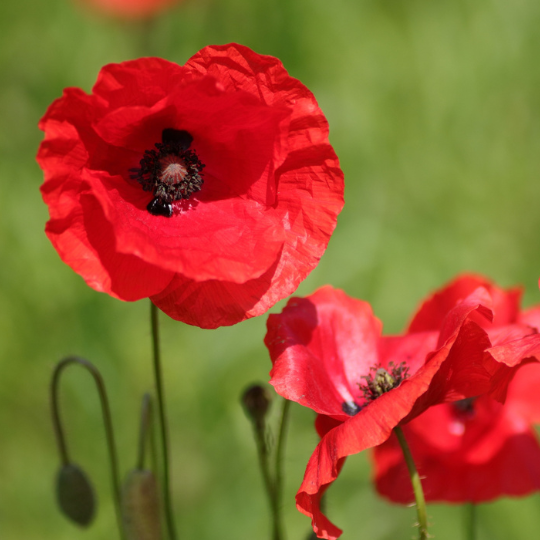
Poppy
The poppy, Papaver rhoeas, is an enchanting annual flower that adorns fields and gardens with vibrant colours. With distinctive paper petals in shades of red, orange and purple, this flower often symbolises peace and remembrance. Poppies thrive in sunny conditions and drained soil, and are often found along roads and in meadows. They require little care and self-seed easily. Their fragile beauty attracts not only people but also bees and butterflies, contributing to biodiversity. Poppies are a romantic and indispensable addition to both wild and tamed landscapes.
Pollinators are our little heroes, but they face many challenges to survive. You can support them by growing pollinator-friendly plants in your garden. These flowers and herbs provide essential food and habitat for creatures like butterflies, bees, and other insects that play a vital role in pollinating our food crops. Without pollinators, we’d have fewer fruits, vegetables, and even coffee!
The importance of pollinators to our ecosystem and food supply is enormous. By helping them thrive, we contribute to preserving biodiversity and securing our food sources. Planting a pollinator-friendly garden is a simple yet powerful way to protect the environment and support these vital species.
